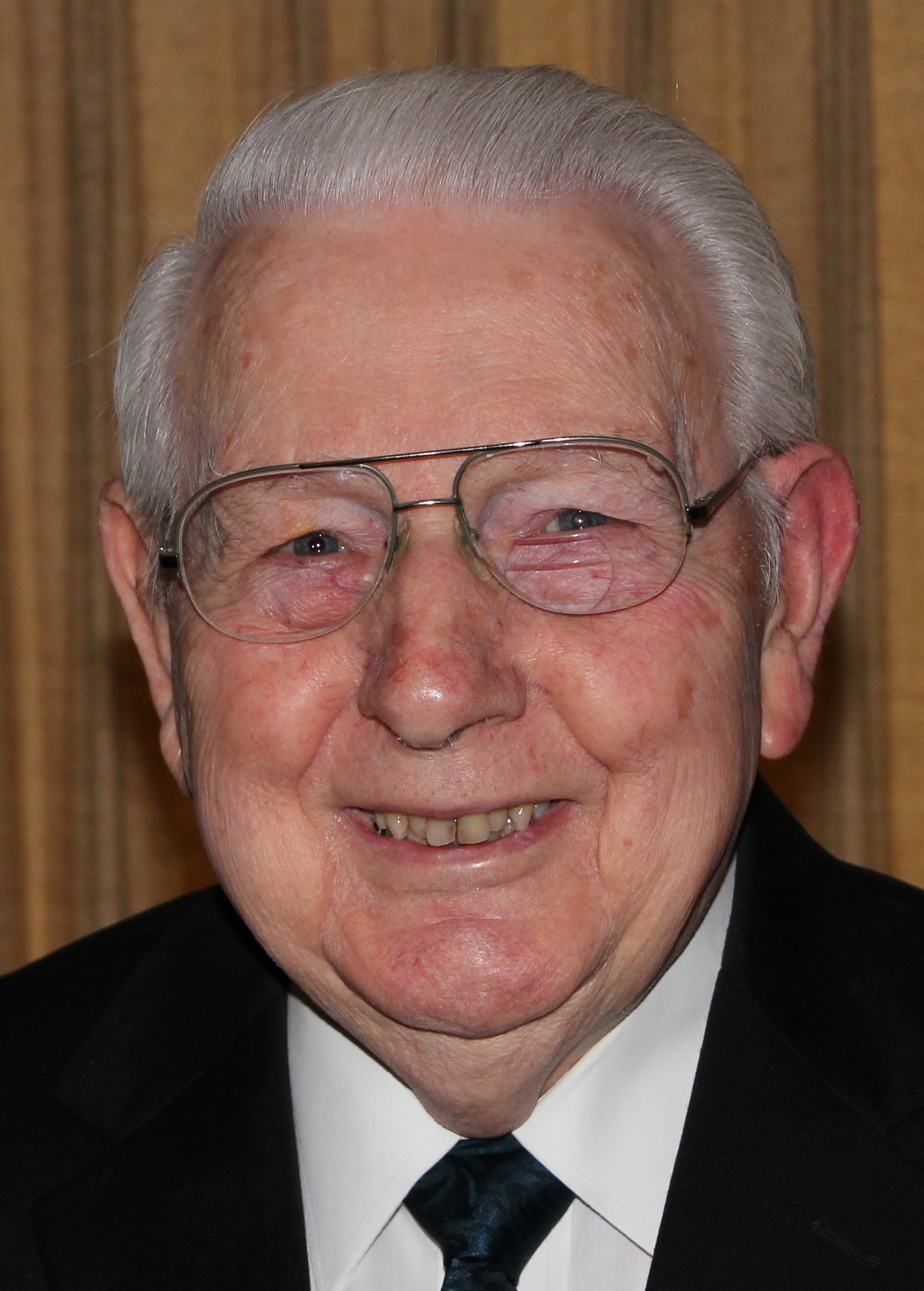 January 15, 2016 (Friday)
January 15, 2016 (Friday)
It’s a simple story about a horrendous event. Cain killed his brother, Abel. The two sons of Adam and Eve each brought an offering to the Lord. Abel’s offering was accepted, but Cain’s was rejected. Cain’s angry response was to kill his brother.
God asked Cain, “Where is your brother?” to which Cain responded, “Am I my brother’s keeper?” A surly response to a legitimate inquiry. Then God said, “The voice of your brother’s blood cries to me from the ground.”
In the Genesis account of this tragic happening, Abel is never heard to speak. But his blood cries out to God. What was his blood saying? We do not know, but we feel it was a cry for justice, because Abel had done nothing wrong yet suffered because he had done the right thing. Cain was punished, and so justice was served.
 Many years later, the author of the Book of Hebrews in the Bible lists people with strong faith; Abel’s name heads the list. The reference to Abel says that he speaks to us even though he is dead. Just as his blood spoke to God in ancient times, so his faith and faithful actions speak to us today. Listen! Can you hear him? He is dead, but his influence lives.
Many years later, the author of the Book of Hebrews in the Bible lists people with strong faith; Abel’s name heads the list. The reference to Abel says that he speaks to us even though he is dead. Just as his blood spoke to God in ancient times, so his faith and faithful actions speak to us today. Listen! Can you hear him? He is dead, but his influence lives.
George Washington is dead, but his personal integrity still speaks to us. His successor, John Adams, is dead but his patriotic zeal still speaks to us. The next president, Thomas Jefferson, is dead, but his intellectual strength and devotion to freedom still speak to us. And so it goes. People live and die, but the impact of their lives continues to speak to us.
That was the thesis of the writer of Hebrews: historical people of faith still influence us today. Just the other day on the telephone I said, “Yes, Ma’am,” to a lady who was obviously many years younger than I. I thought, “That’s my grandfather saying that,” because it’s what he taught me to do. Like Abel, “he speaks to me though he is dead.”
What will your life continue to say after you are gone?
